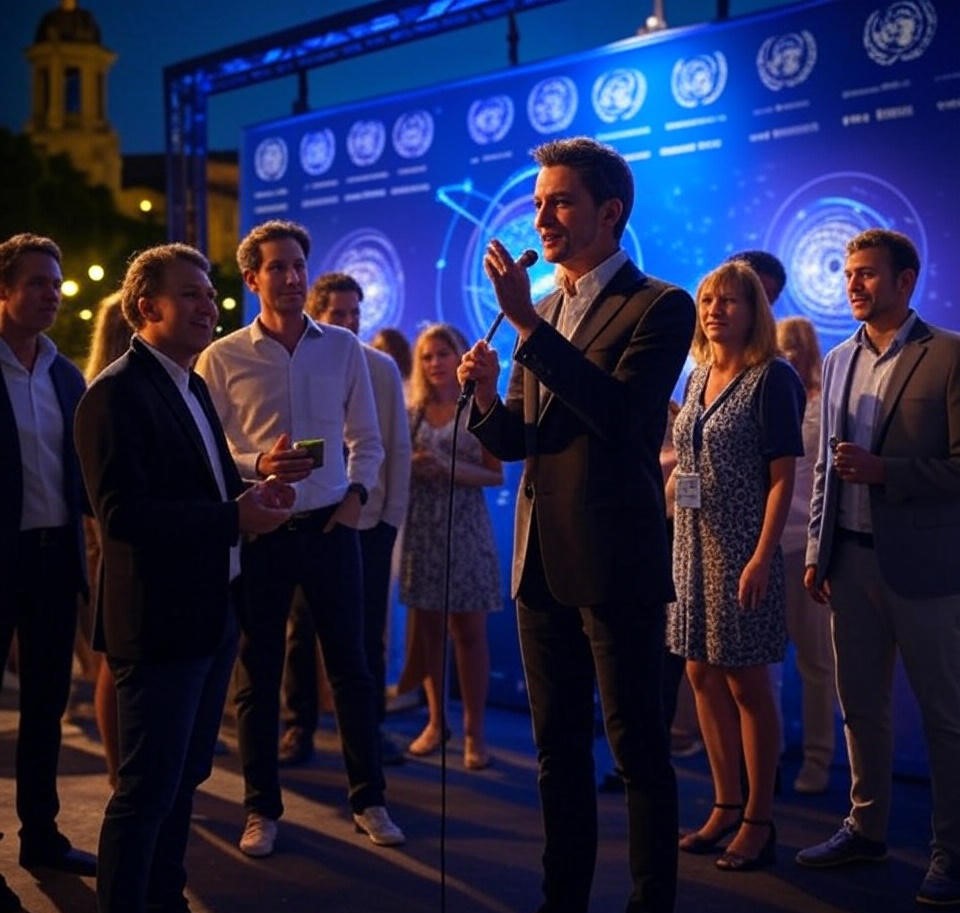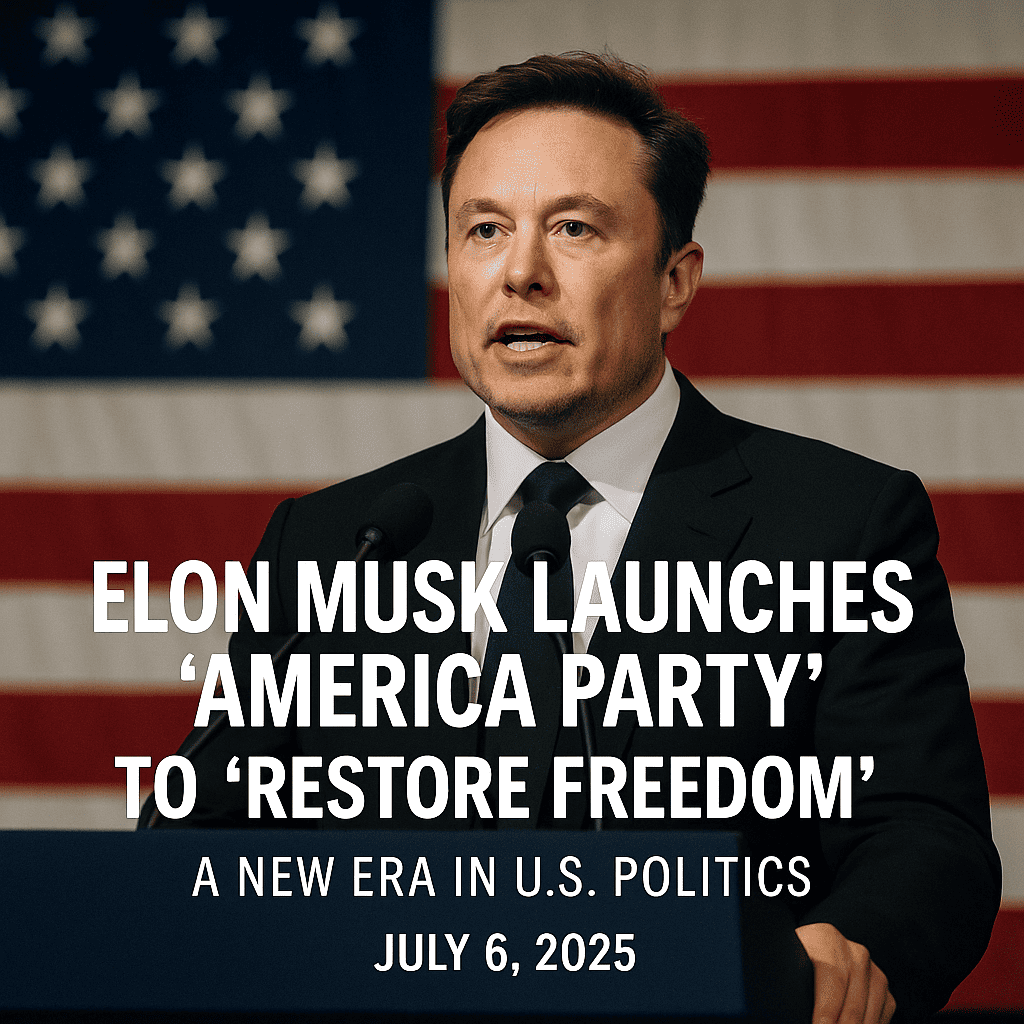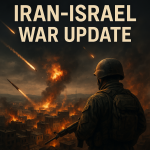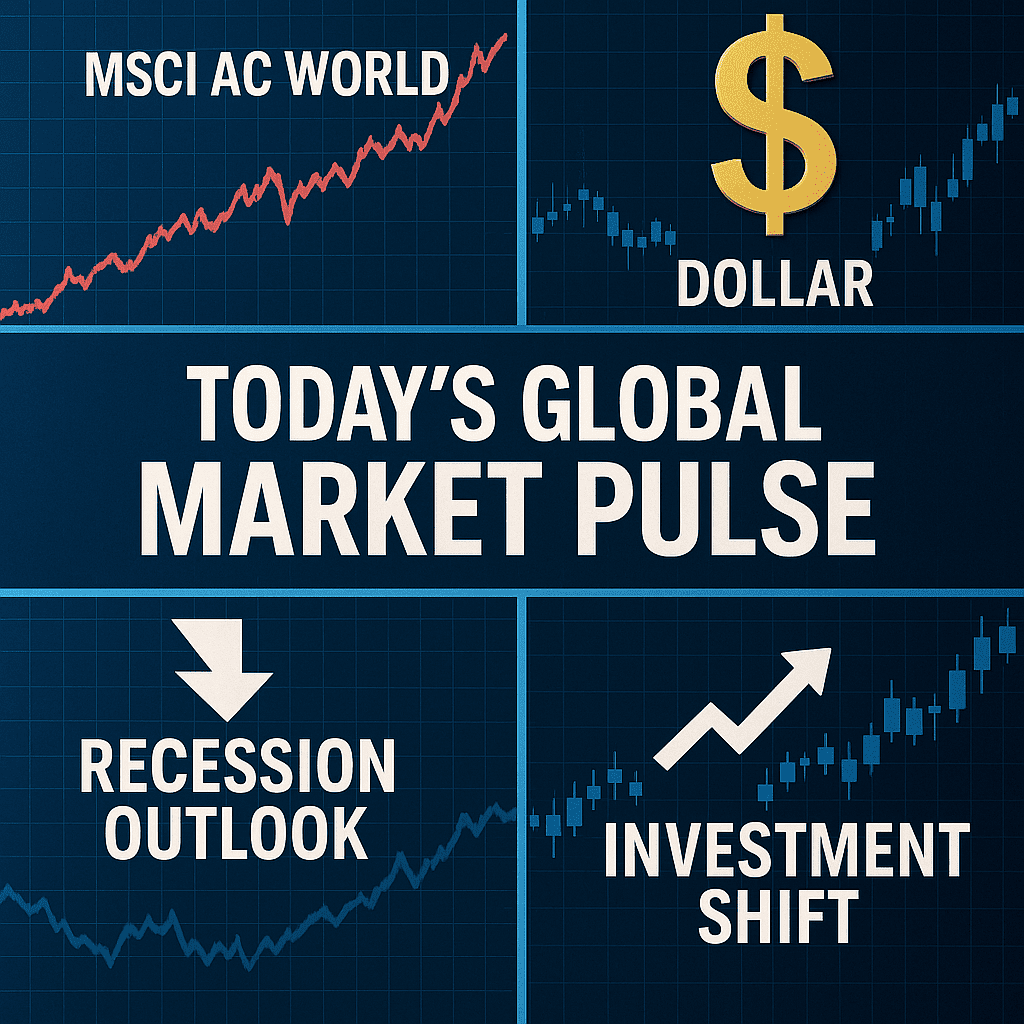NATO Summit, Middle East Ceasefire & Climate Heatwave
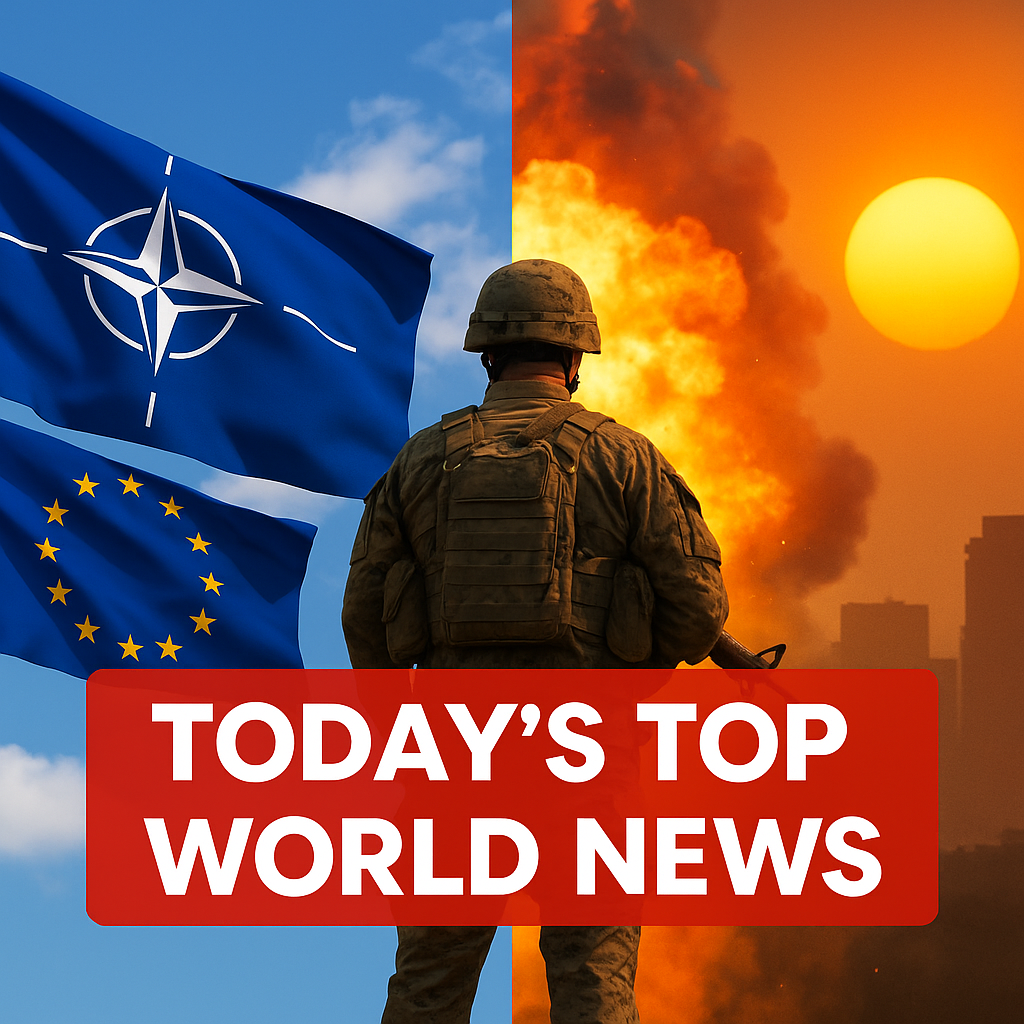
At the 2025 NATO summit in The Hague, member nations made a landmark commitment: raising defense spending to 5% of GDP by 2035, a significant leap from the traditional 2% guideline. Led by President Trump and Secretary‑General Rutte, this move underscores a renewed Western unity in face of multiple global threats
Our insight: This shift isn’t just about money—it signals a strategic recalibration toward collective security, assuming both hard assets (like jets) and “soft” diplomacy readiness.
Mideast Ceasefire: A Delicate Pause
Yesterday, a fragile ceasefire was struck between Israel and Iran, brokered by President Trump. It follows intense strikes—Israeli and American—on Iranian nuclear sites, which Iran confirms caused serious damage, though U.S. intelligence estimates only a temporary setback
Meanwhile, Iran also launched missiles at the U.S. Al‑Udeid Air Base in Qatar; most were intercepted with minimal damage
Our insight: The ceasefire is fragile—dependent on constant diplomacy and calibration. Future flare‑ups remain possible, but these developments may mark a pivot point in regional deterrence.
Early Heatwaves Signal Climate Shift
This year, summer heatwaves broke records across Canada, Europe, and the U.S., setting in mid‑June instead of July. Scientists warn that temperatures above 21 °C now extend months longer, escalating health risks and climate instability
Our insight: Beyond headlines, these early heatwaves forecast strained power grids, water scarcity, and public health emergencies. Communities must prepare proactively—as climate norms shift faster than infrastructure adaptation.
Science & Exploration Highlights
Solar Orbiter beamed its first-ever images of the Sun’s south pole, unlocking new data on solar cycles
Vera C. Rubin Observatory captured its “first light,” mapping nebulae and discovering ~2,000 new asteroids
Our insight: These advances mark major leaps in astrophysics—expanding understanding from cosmic weather to planetary defense.
U.S.–U.K. Diplomacy in Gaza
The U.S. proposed a 60‑day Gaza ceasefire, offering hostage release and aid delivery in exchange for peace—secured by Trump, Qatar, and Egypt
Simultaneously, Saudi Arabia’s Prince Faisal plans a breakthrough visit to the West Bank, opening new diplomatic channels toward Palestinian stability
Our insight: This dual track—negotiation paired with high‑level Arab diplomacy—might herald a turning point in Gaza, though much hinges on broader regional cooperation.



